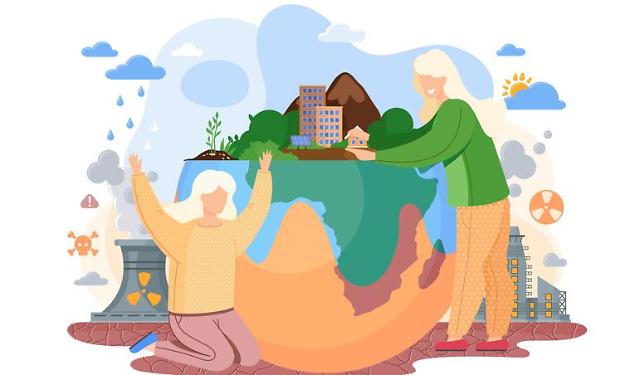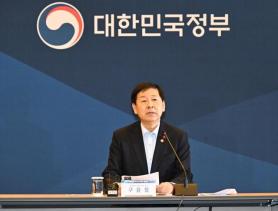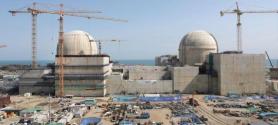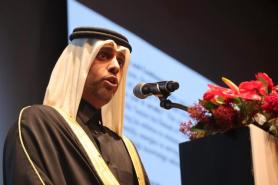
[Gettyimages Bank]
The northern satellite city with a population of some 463,700 used to be the largest bed town of Seoul until the late 1990s. Uijeongbu located in the center of Gyeonggi Province is the de facto administrative and logistics hub of the province that surrounds Seoul.
Uijeongbu City said in a statement that the city set the amount of the emission of greenhouse gases to 1.1 million tons in 2030, which is about half of the emission predicted by the environment ministry. To lower its carbon emissions, Uijeongbu said that it will conduct 31 projects in three sectors -- logistics, construction, and waste.
The city will start its green initiative by adopting more electric and hydrogen fuel-powered vehicles in logistics. A larger number of public bicycles will be deployed. Subway line No. 7 will be extended to carry more passengers.
In the construction sector, the city will encourage building owners to build solar power panels and hydrogen fuel-based power systems. The city will also promote zero-energy building policies that would provide subsidies for building highly energy-efficient buildings.
"Our final goal is to achieve zero carbon emissions by 2030. We will develop various forms of attractive rewards so that citizens can participate in our movement," an unnamed Uijeongbu official said in a statement on January 23.
Copyright ⓒ Aju Press All rights reserved.




